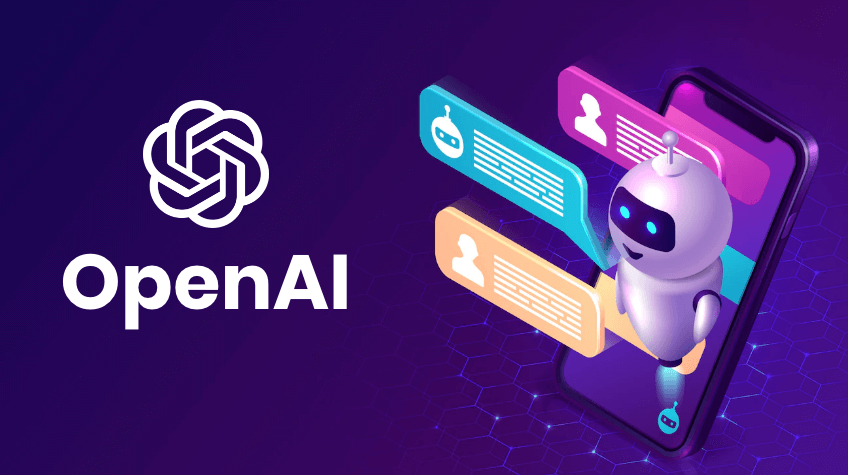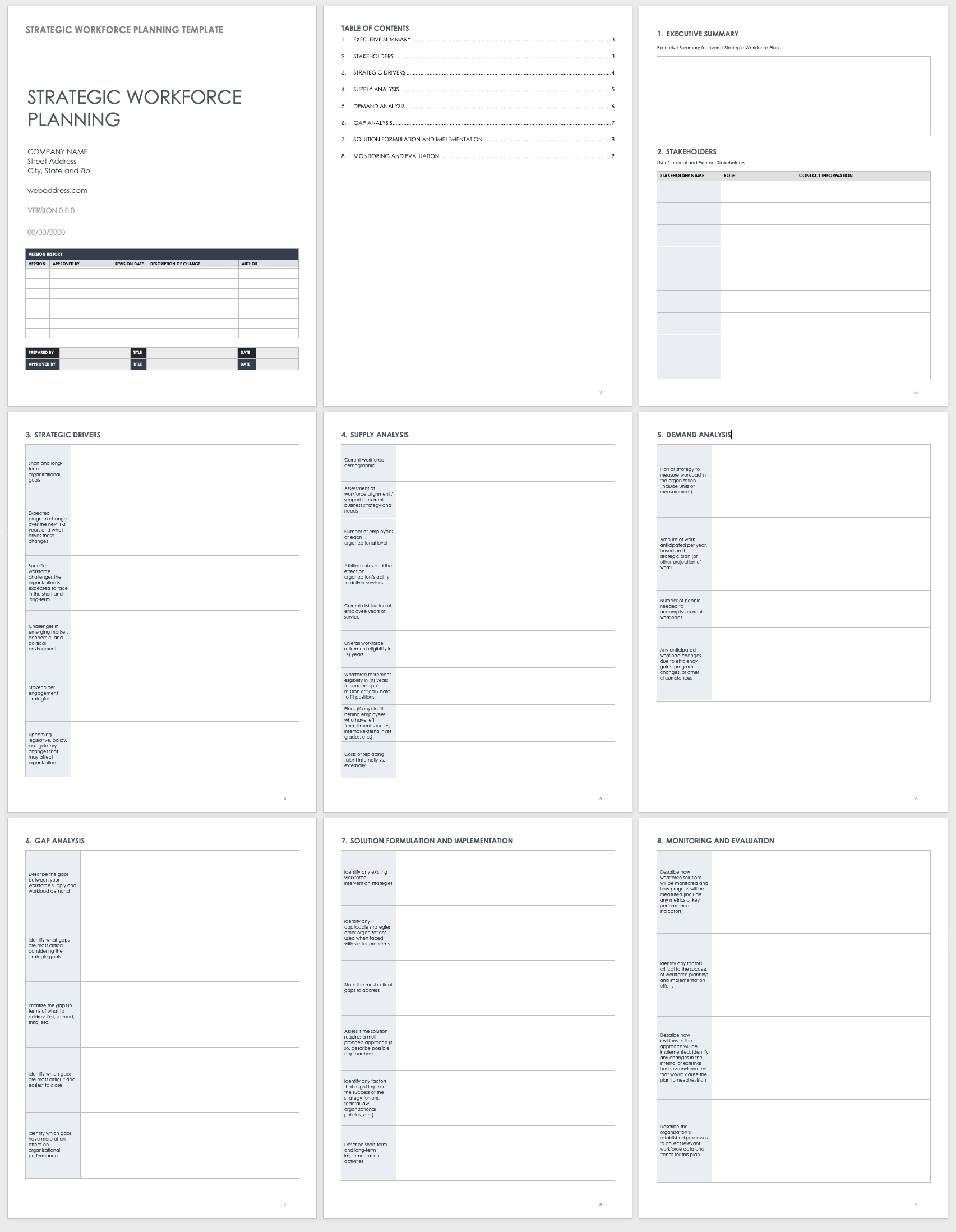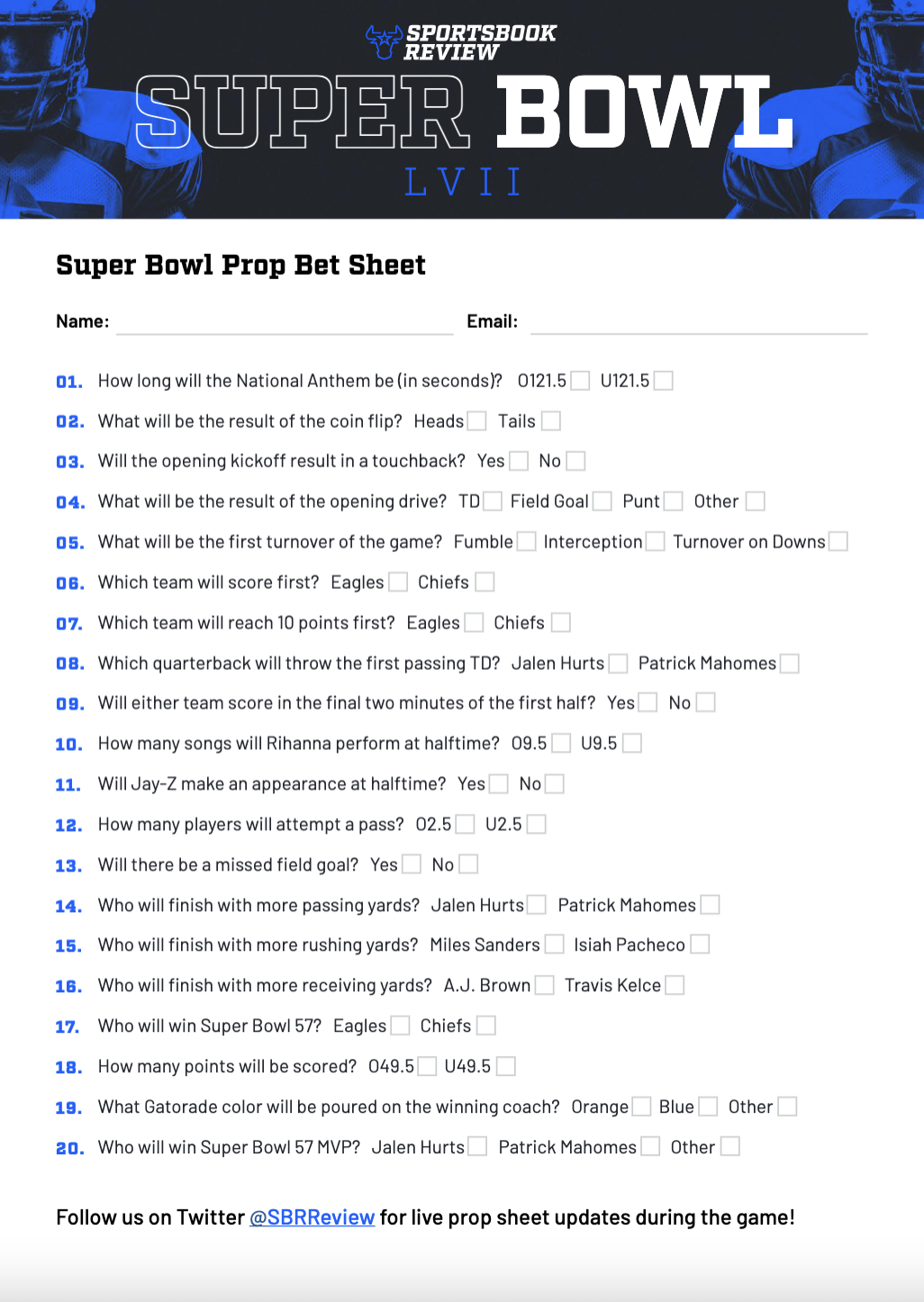Creating Voice Assistants Just Got Easier: OpenAI's New Tools

Table of Contents
OpenAI's APIs for Natural Language Processing (NLP): The Foundation of Intelligent Voice Assistants
OpenAI has played a pivotal role in advancing Natural Language Processing (NLP), significantly impacting the development of voice assistants. Their powerful APIs provide the fundamental building blocks for creating truly intelligent and responsive voice interfaces. This advancement allows developers to focus on the higher-level aspects of voice assistant design, rather than getting bogged down in the complexities of NLP algorithms.
- Access to pre-trained models for speech-to-text and text-to-speech conversion: OpenAI offers readily available, highly accurate models for converting spoken words into text (speech-to-text) and vice versa (text-to-speech). This eliminates the need to train these models from scratch, saving considerable time and resources. The Whisper API, for example, is a powerful tool for accurate speech recognition.
- Improved accuracy and efficiency in understanding natural language commands: OpenAI's models excel at understanding the nuances of human language, including slang, colloquialisms, and complex sentence structures. This leads to more natural and intuitive interactions with the voice assistant.
- Reduced development time and costs associated with building NLP components from scratch: By leveraging OpenAI's pre-trained models, developers can significantly reduce the time and cost associated with developing NLP components from the ground up. This allows for faster prototyping and iteration.
- Integration with other OpenAI tools for a seamless development workflow: OpenAI's APIs are designed to work seamlessly together, creating a streamlined development experience. This integration simplifies the process of building complex voice assistant functionalities.
Simplified Development with OpenAI's Pre-built Components and Libraries
Beyond individual APIs, OpenAI provides pre-built modules and libraries that further simplify the voice assistant development process. These components handle common tasks, allowing developers to focus on the unique aspects of their application. This approach dramatically accelerates development and reduces the complexity of building even sophisticated voice assistants.
- Ready-to-use modules for common voice assistant tasks: OpenAI offers modules for handling tasks such as intent recognition (understanding what the user wants to do), dialogue management (handling multi-turn conversations), and entity extraction (identifying key pieces of information in the user's input).
- Easy integration with popular development frameworks and platforms: These components are designed for easy integration with popular development frameworks like Python, allowing developers to leverage existing skills and tools.
- Reduced complexity and increased efficiency in building voice assistant prototypes and MVPs: The use of pre-built components allows developers to quickly create functional prototypes and Minimum Viable Products (MVPs), facilitating faster testing and iteration.
- Examples of available libraries and their functionalities: While specific library names might change, OpenAI consistently releases tools that simplify common voice assistant functions, including natural language understanding (NLU), dialogue state tracking, and response generation.
Enhanced Customization and Personalization Options
OpenAI's tools enable developers to tailor voice assistants to specific needs and user preferences, creating truly personalized experiences. This level of customization goes beyond simple voice changes and extends to the overall conversational flow and personality.
- Fine-tuning pre-trained models for specific voice characteristics and accents: Developers can fine-tune OpenAI's models to match specific voice characteristics and accents, creating a more natural and engaging user experience.
- Customizing the conversational flow and personality of the voice assistant: The conversational style, tone, and even the "personality" of the voice assistant can be customized to suit the application's requirements and target audience.
- Integration with external data sources and APIs for personalized information and services: OpenAI's tools integrate seamlessly with external data sources and APIs, allowing voice assistants to access and deliver personalized information and services.
- Examples of customization options and their practical applications: Imagine a voice assistant for a financial institution that uses a calm and reassuring tone, or a gaming assistant with a playful and energetic personality. These are all achievable with OpenAI's customization options.
Addressing Ethical Considerations and Responsible AI in Voice Assistant Development
OpenAI acknowledges the ethical implications of voice assistant development and prioritizes responsible AI practices. Their tools and guidelines help developers build systems that are fair, unbiased, and privacy-respecting.
- Bias detection and mitigation techniques: OpenAI provides resources and best practices to help developers identify and mitigate biases in their voice assistants, ensuring fair and equitable treatment for all users.
- Privacy preservation and data security measures: OpenAI emphasizes the importance of data privacy and security, offering guidance and tools to help developers build systems that protect user data.
- Transparency and explainability in AI decision-making: OpenAI advocates for transparency in AI decision-making, enabling developers to understand how their voice assistants arrive at their conclusions.
- OpenAI's guidelines and best practices for responsible AI development: OpenAI actively publishes guidelines and best practices to promote responsible AI development, encouraging developers to consider the ethical implications of their work.
Conclusion
OpenAI’s new tools are revolutionizing voice assistant development, making it more accessible, efficient, and cost-effective than ever before. By providing powerful APIs, pre-built components, and robust customization options, OpenAI empowers developers to build innovative and personalized voice experiences. The emphasis on responsible AI ensures ethical development practices are prioritized.
Call to Action: Ready to create your own cutting-edge voice assistant? Explore OpenAI's resources and start building today! Learn more about how OpenAI is simplifying the creation of voice assistants and unlock the potential of this rapidly evolving technology. Don't miss out on this opportunity to leverage OpenAI's innovative tools and revolutionize your voice assistant projects. Start building your next generation voice assistant with OpenAI now!

Featured Posts
-
 Indian Companies And Consumers Boycott Pakistan Turkey And Azerbaijan
May 18, 2025
Indian Companies And Consumers Boycott Pakistan Turkey And Azerbaijan
May 18, 2025 -
 Retirement Planning Evaluating The Risks Of This New Investment
May 18, 2025
Retirement Planning Evaluating The Risks Of This New Investment
May 18, 2025 -
 Pvv Factionalism Challenges Wilders Authority
May 18, 2025
Pvv Factionalism Challenges Wilders Authority
May 18, 2025 -
 Ex Red Sox Closer Explains His Free Agent Choice
May 18, 2025
Ex Red Sox Closer Explains His Free Agent Choice
May 18, 2025 -
 Cassie And Alex Fine Photos From The Mob Land Premiere Red Carpet
May 18, 2025
Cassie And Alex Fine Photos From The Mob Land Premiere Red Carpet
May 18, 2025
Latest Posts
-
 Mlb Home Run Prop Predictions May 8th Game Analysis And Betting Odds
May 18, 2025
Mlb Home Run Prop Predictions May 8th Game Analysis And Betting Odds
May 18, 2025 -
 Winning Mlb Home Run Props Today May 8th Schwarbers Power Potential
May 18, 2025
Winning Mlb Home Run Props Today May 8th Schwarbers Power Potential
May 18, 2025 -
 Todays Mlb Home Run Props Focusing On Kyle Schwarbers Odds May 8th
May 18, 2025
Todays Mlb Home Run Props Focusing On Kyle Schwarbers Odds May 8th
May 18, 2025 -
 Mlb Baseball Home Run Prop Bets And Expert Picks For Games On May 8th
May 18, 2025
Mlb Baseball Home Run Prop Bets And Expert Picks For Games On May 8th
May 18, 2025 -
 Kyle Schwarber Home Run Prop Mlb Odds And Predictions For May 8th
May 18, 2025
Kyle Schwarber Home Run Prop Mlb Odds And Predictions For May 8th
May 18, 2025
